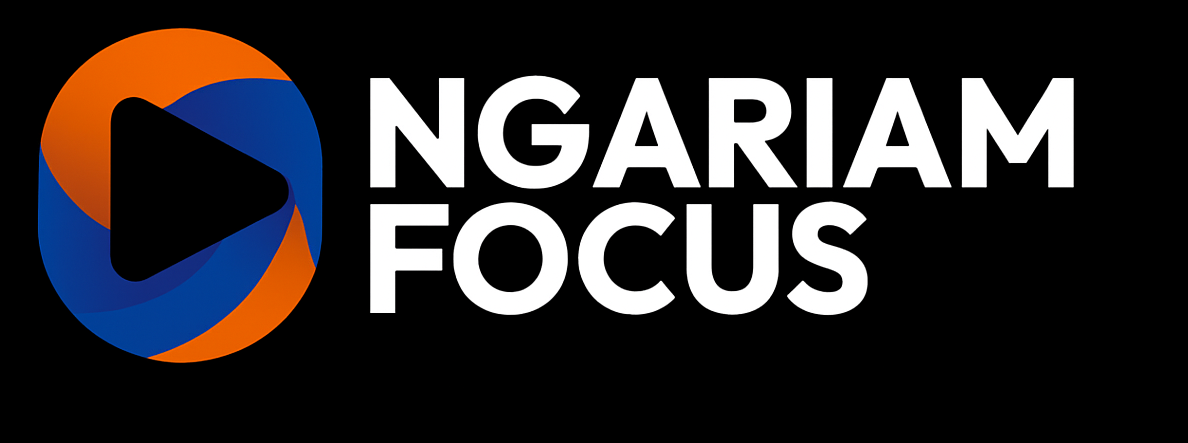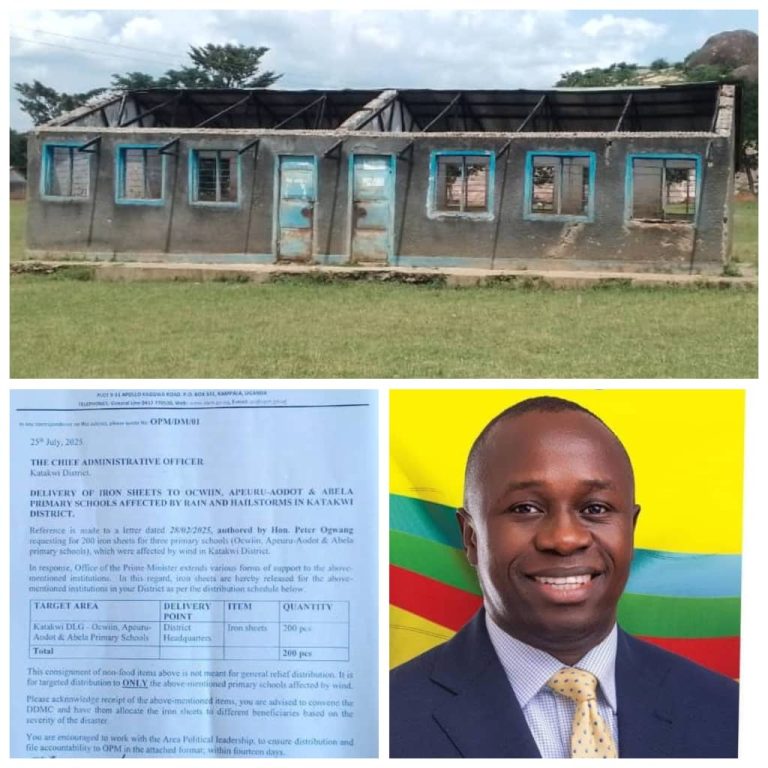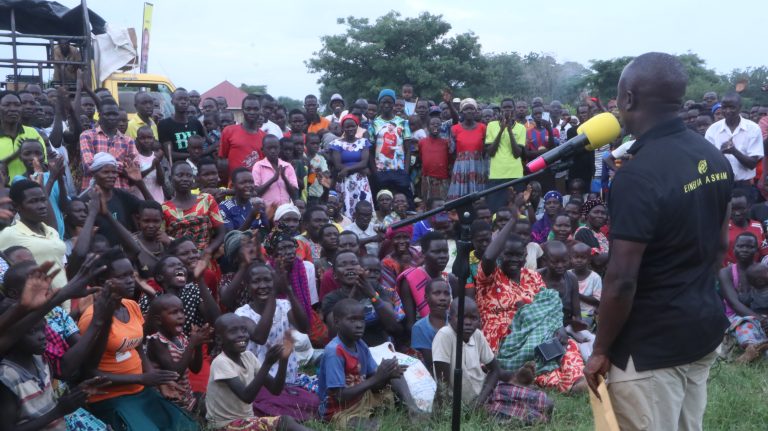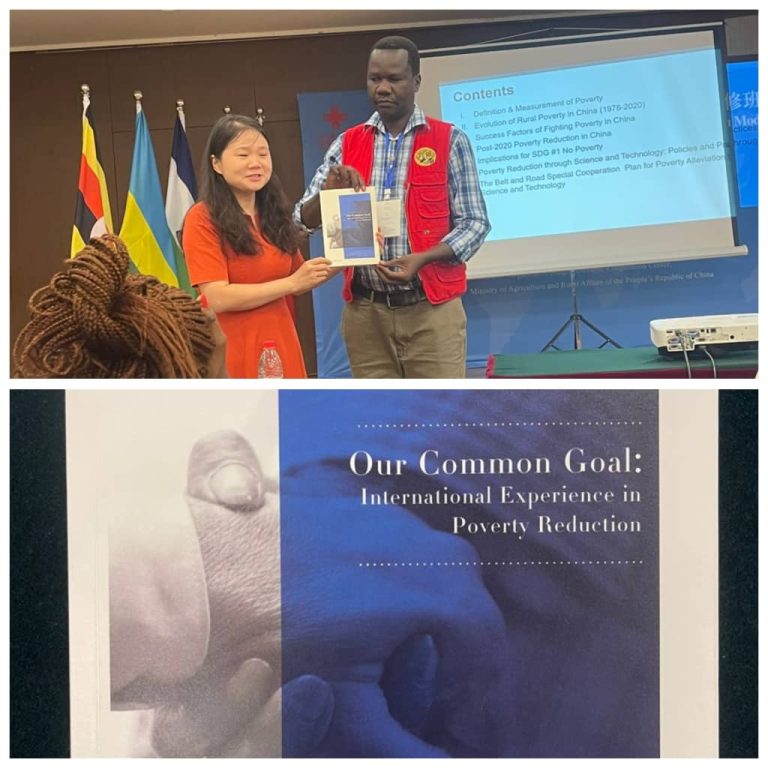
August 11, 2025 | 81 views
KAMPALA— In the shadows of Uganda’s growing state surveillance, ordinary citizens, activists, and journalists are finding clever ways to evade the ever-watchful eyes of authorities. With laws like the Computer Misuse Act and Regulation of Interception of Communications Act (RICA) tightening control over digital spaces, many Ugandans have turned to creative—and sometimes risky—tactics to protect their privacy and communicate freely.
The Rise of Encrypted Messaging
When Robert (not his real name), a young activist in Kampala, noticed his WhatsApp messages being referenced in police interrogations, he knew he had to change tactics. Now, he only discusses sensitive matters on Signal, an encrypted messaging app that even authorities struggle to crack.
“Before, we used to talk openly on WhatsApp, but now, if it’s something serious, it has to be Signal or nothing,” he says, glancing nervously at his phone.
Like Robert, many Ugandans have shifted to end-to-end encrypted platforms, fearing that mainstream apps like Facebook Messenger and even Telegram (unless in “Secret Chat” mode) are being monitored.
VPNs: The Digital Lifeline During Blackouts
During Uganda’s 2021 elections, the government shut down social media entirely. For Sarah, a journalist covering opposition rallies, this meant being cut off from vital sources. Her solution? A Virtual Private Network (VPN).
“Without VPNs, we couldn’t work. The moment they blocked Twitter and Facebook, everyone started sharing VPN links like underground codes,” she recalls.
Popular choices like ProtonVPN and ExpressVPN became lifelines, allowing activists and reporters to bypass restrictions—though the government has since tried to block some VPN services, forcing users to constantly switch between providers.
Burner Phones and the SIM Card Black Market
In downtown Kampala, street vendors discreetly sell unregistered SIM cards for as little as 5,000 Ugandan shillings (about $1.30). These “burner SIMs” are a favorite among those who don’t want their communications traced.
David, a university student involved in protest organizing, uses a separate phone with an unregistered SIM for sensitive calls. “If things get hot, I just throw it away and get another one,” he says.
But the risks are real. In 2022, police arrested several people for using unregistered SIMs, accusing them of “abetting terrorism.” Still, the black market thrives.
Coded Language and Offline Meetings
When digital channels feel unsafe, some resort to old-school methods. Activists now hold face-to-face meetings in crowded markets or churches, where they blend in. Others use coded language—referring to politicians as “business partners” or protests as “family gatherings.”
“You can’t say ‘we’re demonstrating tomorrow’ on a call. Instead, you say, ‘The wedding is at 10, bring your friends,’” explains Mary, a grassroots organizer.
Fake Profiles and Disappearing Messages
Social media users have also adapted. Many now maintain fake accounts under pseudonyms, while others use features like auto-deleting messages on Telegram or Twitter Fleets to avoid leaving traces.
“I have three Facebook accounts,” laughs James, a taxi driver. “One for my family, one for my friends, and one for… other discussions.”
The Cat-and-Mouse Game Continues
Despite these workarounds, the government is fighting back. New surveillance systems, mandatory biometric SIM registration, and arrests for VPN use show that the battle for digital freedom is far from over.
Yet, for many Ugandans, the need to communicate freely outweighs the risks. As Robert puts it: “They have the power to watch us, but we have the wit to stay hidden.”
Related News
Advertisements

Advertisements

Latest Stories
Advertisements











